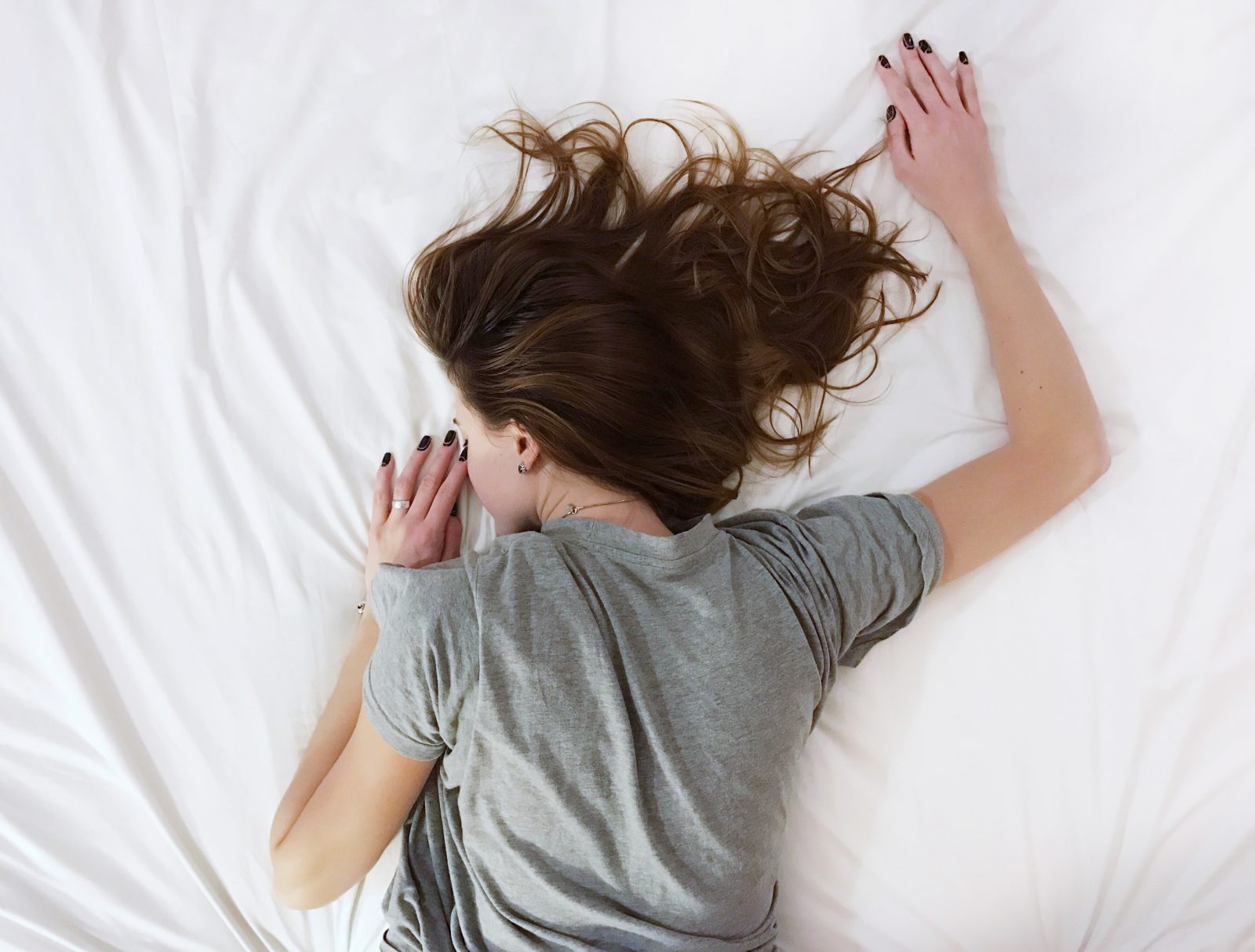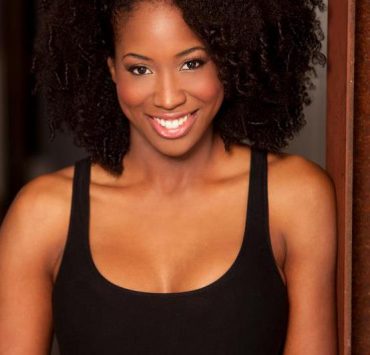Dr. Lucas MacMillan Shares Sleep Hygiene Tips

Sleep Hygiene
Are you getting enough sleep or having problems getting to sleep? Dr. Lucas MacMillan Naturopathic physician and clinic director with DelBrook Integrative Medical Centre share his knowledge on the subject of sleep hygiene.
Dr. MacMillan shares in a Q&A his Sleep Hygiene Tips:
Q: What is sleep hygiene, and why is it important during the Pandemic?
A: Sleep hygiene includes all of the habits and events that relate to your sleep. Our body’s habits are incredibly important for us to develop a rhythm and consistently feel our best – unfortunately this is a big part of what has been disrupted by COVID-19. Many of us have experienced changes in our bedtime, waking time, pre-sleep practices, stress levels, and waking routines. These all affect our ability to sleep at night and change the sleep quantity (hours of sleep), sleep quality (efficiency of sleep) or both.
Q: How important is sleep?
A: Sleep affects every system in our body. It helps to control blood pressure, normalize blood sugars, decrease cravings and weight gain, increase motivation and energy, rebuild muscle and damaged tissues, maintain hormone balance, stabilize and improve mood, and more. If these benefits were put into pill format, this would be the absolute number, one seller. Take a moment to think about that. If you’re looking for something to invest in, maintain and improve, start with sleep.
Q: What tips can help me get the most out of my sleep?
A: Where to start.. Our body loves rhythm & routine. Going to bed around the same time most nights, and awakening around the same time is ideal. As adults, we like to think that routine isn’t important for us, but we could learn a lot from our children on this one. If a child doesn’t sleep well, she may be moody, less motivated, more likely to get sick, be less social, etc.. As adults we are not immune to these effects; we just don’t have someone paying attention to the consequences for us, so we often don’t even notice.
Avoid stimulating activities 1 hour before bed, as anything that raises heart rate within that hour is likely to disrupt sleep – note that sexual activity is an exception here. Examples include stimulating movies & TV shows, especially anything scary or action-filled. Many people don’t realize that this also includes inspirational content as these can stimulate brain activity and planning for the future, which directly opposes the wind-down we need. Also, books can be as bad or worse than tv. The content and your reaction to it are most important.
Blue light exposure causes a breakdown in melatonin and inhibits our ability to make melatonin for some time after exposure. This isn’t good as melatonin is our primary sleep hormone. If you must view screens before bed, I strongly recommend a blue light blocking setting or app, and be sure to max out the blue light settings. Consider some blue light blocking glasses if not. I personally prefer settings that automatically change the colour setting on my devices one hour before bed, so my brain consistently receives a signal stating it’s almost bedtime via the colour change of the screens.
Our body needs to drop nearly a full degree Celsius to sleep effectively, so a cool room and/or damp skin from a pre-bed bath or shower can help.
The amount of drinking in an hour or two before bed is important, especially if you wake up to urinate at night. For some people, the amount of water intake before bed will decide whether they sleep through the night or not, and it’s a simple problem to fix once identified. Also note that caffeine is possibly the number one contributor to periodic insomnia, especially if consumed after 2-4 pm, or even earlier if you possess genes that slow caffeine breakdown in your body. Note that caffeine is found in black tea, green tea, coffee, and chocolate.
Alcohol can help us fall asleep faster but generally leads to a net loss of sleep by decreasing sleep quality, and often decreasing sleep length. Sleep is a very active brain and body process, and alcohol clearly disrupts the brainwaves and body activities that are meant to happen during this time. If you must have drinks in the evening, earlier is likely better.
Q: What about technology?
A: I love this topic, as I believe sleep monitors are a massively underappreciated topic. Many people own an Apple Watch, Fitbit or other potential sleep monitor and have never experimented with these technologies. They can help to easily monitor average hours of sleep per night (including weekly sleep deficit), general sleep quality, changes in heart rate variability and resting heart rate, and a large number of other factors that help assess your sleep effectiveness, and help to track whether you are trending in a positive or negative direction. The first step with offering any effective treatment is finding the right diagnosis, and these trackers can make this much easier while holding us accountable to our actions; they show in real-time the effects of things like alcohol, caffeine, and stimulating books on our sleep quantity and quality. I would recommend using devices in airplane mode or equivalent to minimize exposure to unnecessary frequencies, as 8-hour exposures are significant.
Q: What about investing in a new mattress or pillow?
A: Sleep is absolutely worth investing in. We spend close to 8 hours every single day on a bed, so it is worth shopping around for a quality mattress. Specific recommendations can change based on whether you sleep on your back or side – I would recommend not sleeping on your stomach if you can help it. Listen to your body, and trust the feeling you have when you lay on the mattress. Shop around, as you will spend roughly a third of your life on the mattresses you choose.
Pillows are a difficult one for many people, so we really need to feel our way through a number to find our own style. As a general rule, we want the spine to be in a neutral position rather than kinked upward or downward.
Q: Anything you would like to add?
A: Definitely! Early morning light exposure (especially sunlight) can help us to turn melatonin production off so we can wake up more completely, and thus be more tired and sleep better that night. Having a strong contrast between the light during the day vs night can help, and morning exercise of any intensity can further help this process.
I believe melatonin to be one of the most misused supplements we have. To illustrate this think about jet-lag, which largely happens because the body releases melatonin at the wrong time. We are either dead tired during the day, or wide awake at night.
Similarly, melatonin supplementation must be timed appropriately, or it can induce jet-lag type effects. For example, 30-60 minutes before a set and unchanging bedtime is best. Further, our body releases roughly 0.3mg of melatonin per night, so massive doses often aren’t needed and can even decrease sleep effectiveness. I often find that 0.5mg up to 3.0mg is right for most people, with 1mg often being the sweet spot; pro-tip: start with liquid melatonin that can be slowly increased or changed every couple of days until you find your ideal dose, after which point you can switch to an equivalent dose of capsules, sprays, or other forms if preferred. Of course, talk to your personal healthcare provider to be sure these things are safe before diving in, as it isn’t right for everyone.
Information: Dr. Lucas MacMillan









